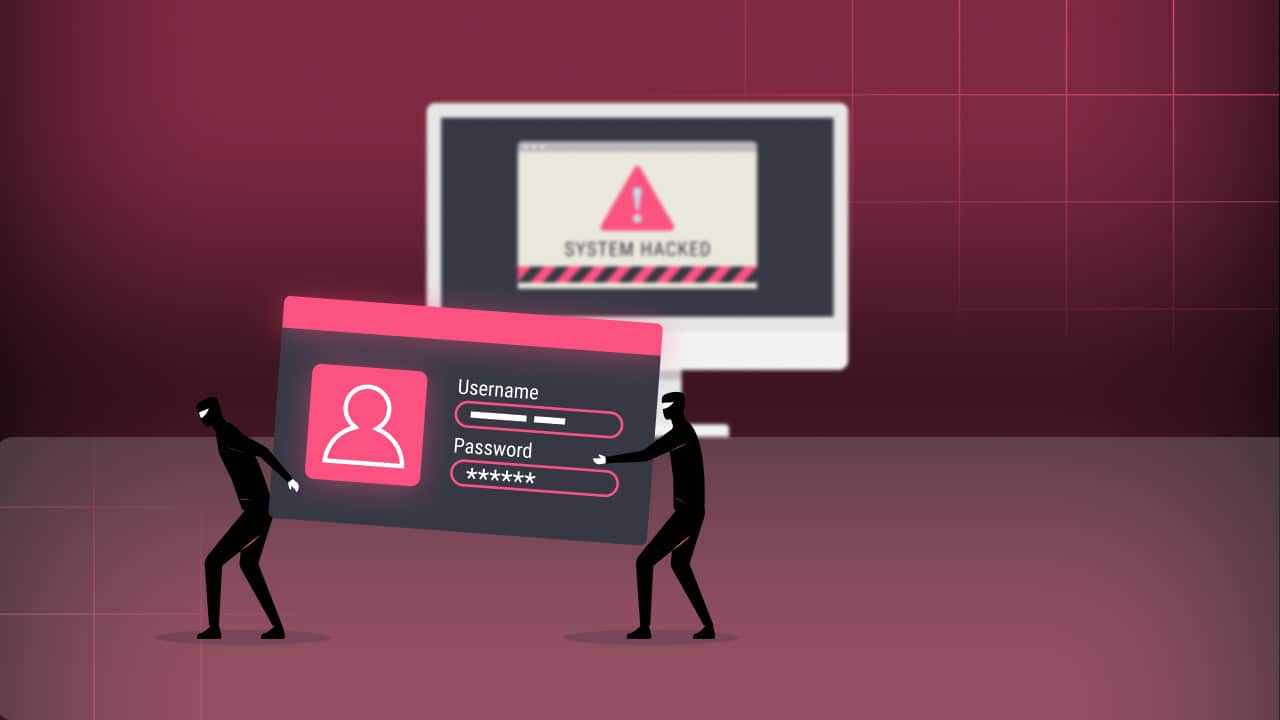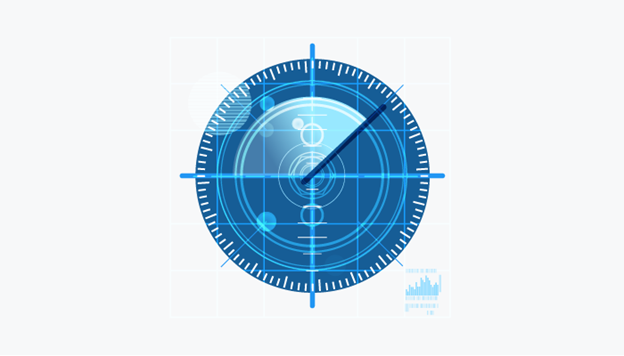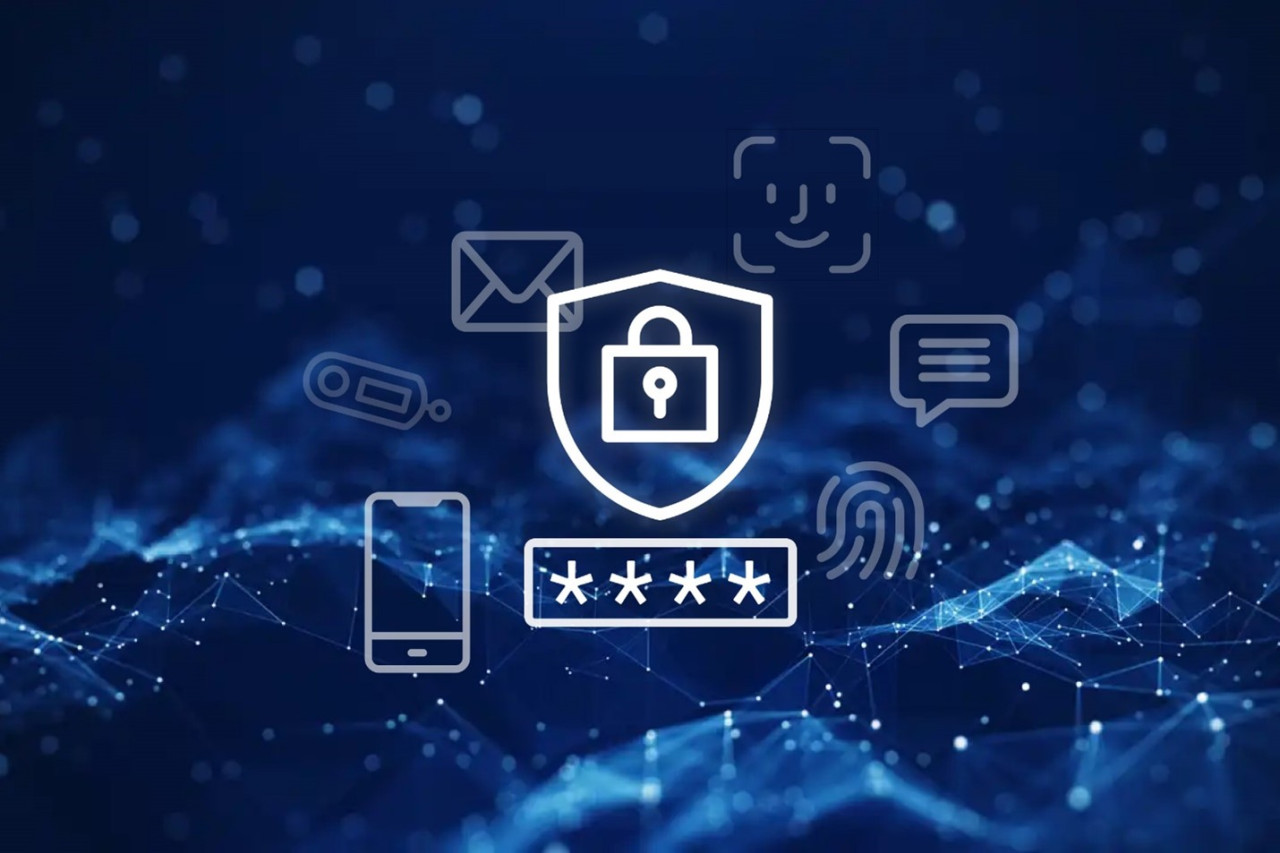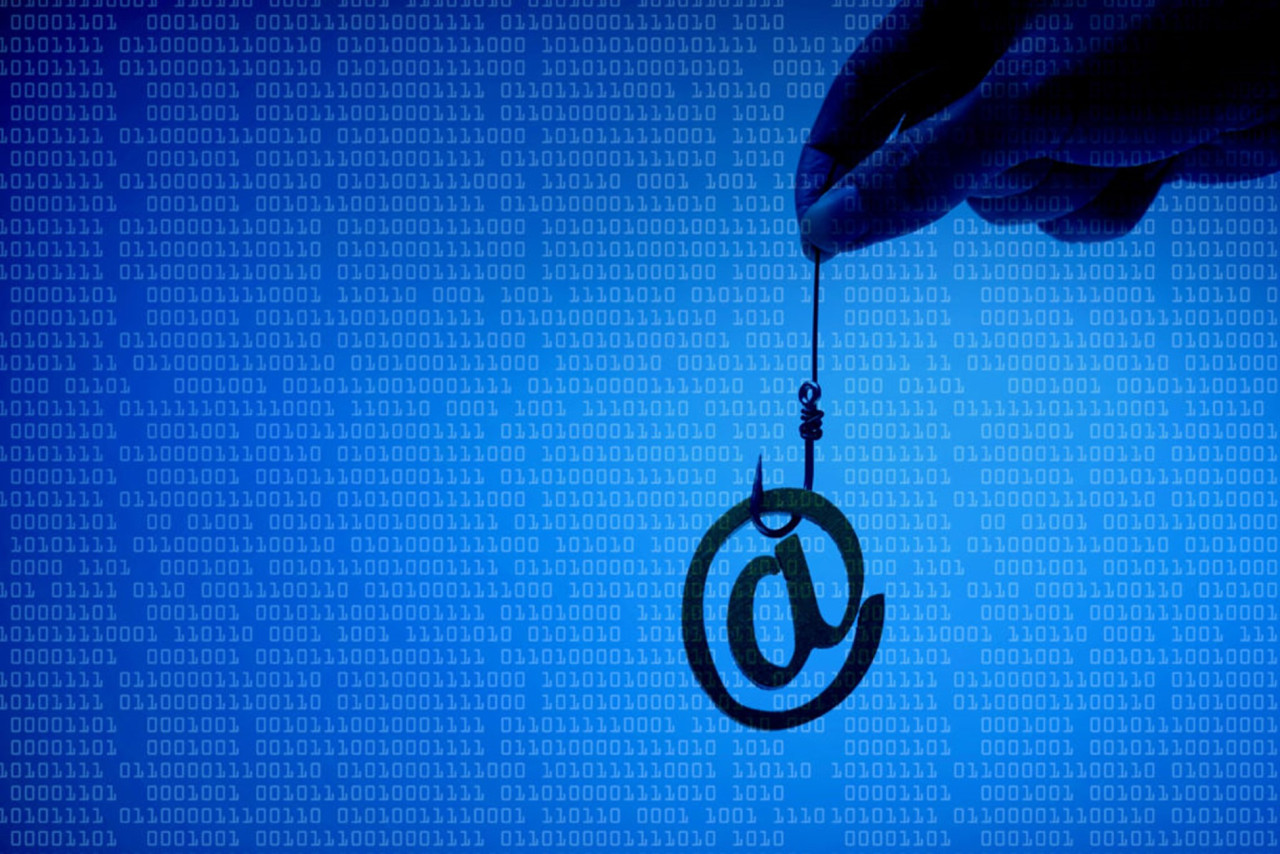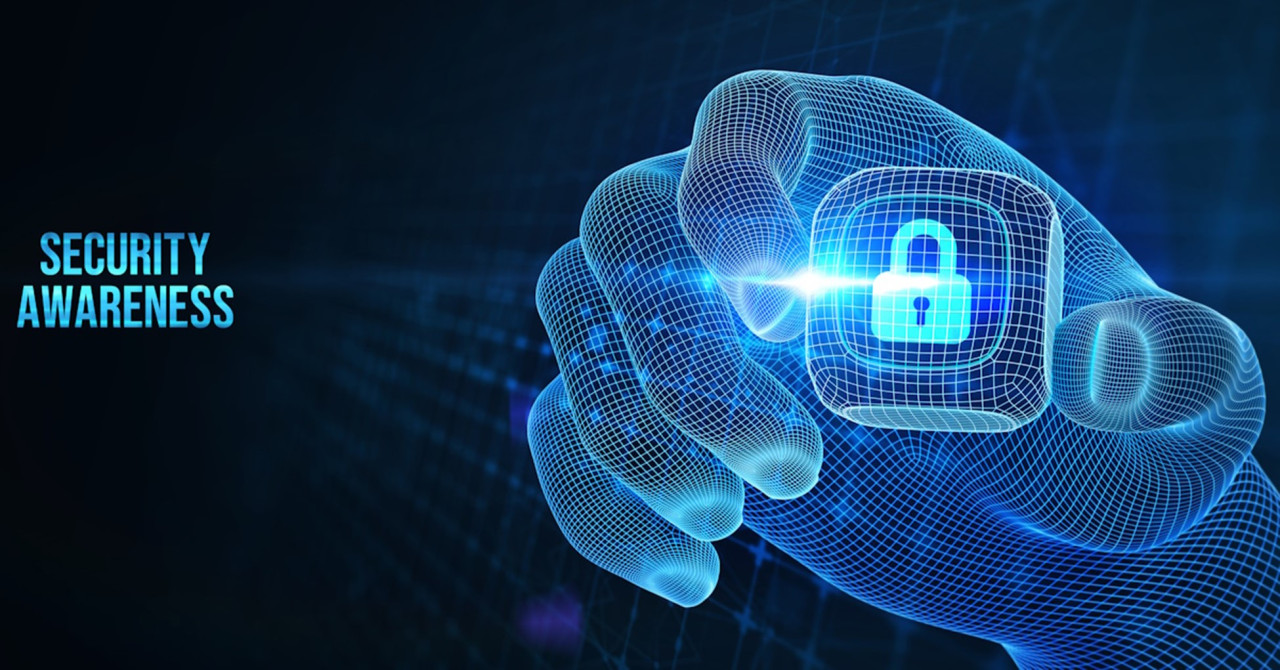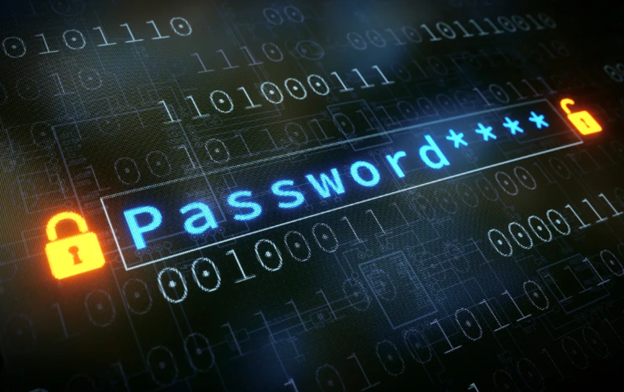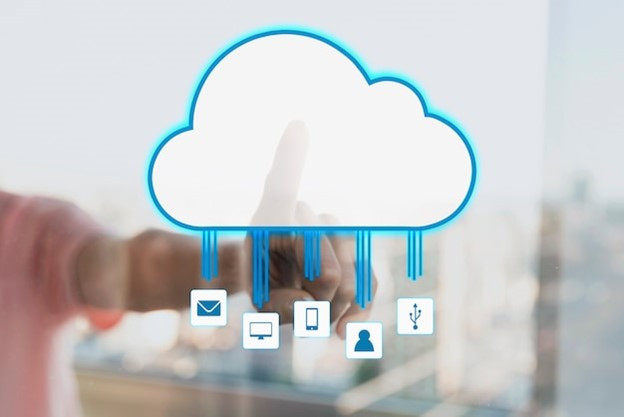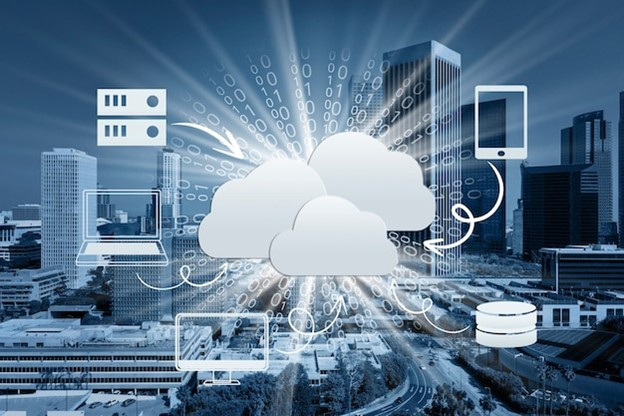InTegriLogic Blog
When a museum as famous as the Louvre makes headlines for a security breach, it’s a reminder that even world-class organizations can overlook the basics. According to reports, the password for the museum’s video system was simply “Louvre.” (ABC7 News article)
Are you aware of the weak spots in your business’s IT infrastructure?
Cybercriminals are constantly looking for vulnerabilities—unpatched software, outdated systems, and misconfigured devices—that can provide an entry point into your network. Small and medium-sized businesses (SMBs) are frequent targets because attackers assume they may have less robust security measures.
Could your business data already be for sale on the dark web?
The dark web is a hidden part of the internet where stolen data—like usernames, passwords, and financial information—is bought and sold. Small and medium-sized businesses (SMBs) are increasingly targeted because cybercriminals assume they may have weaker security measures.
Ransomware attacks are on the rise—could your business survive one?
Ransomware is a type of malware that locks your files or systems and demands payment to release them. For small and medium-sized businesses (SMBs), a single attack can cause downtime, lost data, and major financial impact. The good news? Reliable backups are your safety net.
Are your employees unknowingly opening the door to cybercriminals?
Email remains the number one attack vector for cybercriminals targeting small and medium-sized businesses (SMBs). Phishing emails are designed to trick employees into clicking malicious links, downloading infected attachments, or revealing sensitive information—putting your business at serious risk.
Your employees could be your strongest security asset—or your biggest vulnerability.
Many cyber attacks don’t start with sophisticated malware—they start with a simple human mistake. Phishing emails, unsafe downloads, and weak password habits are all entry points for cybercriminals. That’s why cybersecurity awareness training is essential for every business, especially small and medium-sized businesses (SMBs).
Is your business really safe, or are weak passwords leaving the door wide open?
In today’s digital-first world, passwords are the front line of defense for your company’s sensitive data. Yet, weak or reused passwords remain one of the biggest cybersecurity risks businesses face. Employees often choose simple passwords, write them down, or reuse them across multiple accounts—creating vulnerabilities that cybercriminals exploit every day.
When it comes to business technology, buying the fastest, biggest, or newest hardware isn’t always the smartest move. The right computers, servers, and networking gear should match your current business needs while allowing room for future growth—without draining your budget.
Here’s how to choose business hardware that works for you, not against you.
Many businesses assume that Microsoft 365 keeps their data safe automatically. But did you know Microsoft doesn’t fully back up your emails, files, or Teams conversations? If critical business data is lost due to accidental deletion, cyberattacks, or system failures, Microsoft’s built-in retention policies may not be enough to recover it.
That’s why having a dedicated backup solution for Microsoft 365—including Outlook, SharePoint, OneDrive, and Teams—is essential.
Imagine this: Your business is running smoothly, then—BAM!—your server crashes, ransomware locks your files, or an employee accidentally deletes critical data. What happens next?
Without a Backup and Disaster Recovery (BDR) solution, your business could face downtime, lost revenue, and even permanent data loss. Let’s break down why BDR is a must-have for businesses of all sizes.
As the year draws to a close, now is the perfect time to get your business’s IT in shape for a productive and secure new year. Starting with a thorough review of your technology, from hardware to software, can help identify areas that need upgrading or replacement. Evaluate whether your current systems are keeping up with the demands of your business or if it’s time to consider new options that could boost efficiency. A managed IT provider can assist with assessing your IT environment to prioritize updates and optimize performance.
For many businesses, the holiday season means reduced staff and altered hours, but it’s also a time when IT downtime can be surprisingly costly. Even a brief period of downtime over the holidays can disrupt operations, delay orders, and impact customer trust. In fact, unexpected downtime can cost a business thousands of dollars in lost revenue and productivity. Managed IT services are crucial during this time, helping businesses avoid disruptions by ensuring that systems are running smoothly, even when offices are closed or operating with limited support.
The cybersecurity landscape is always evolving, and as we look toward 2025, several key trends are expected to impact businesses of all sizes. One of the top trends is the rise of AI-driven cybersecurity. Artificial intelligence is becoming a critical tool for identifying patterns in data that indicate potential threats, and it allows for rapid response to prevent breaches. This advanced technology is especially beneficial for businesses, as it helps them stay a step ahead of increasingly sophisticated cyberattacks.
With many employees working remotely or on flexible schedules during the holiday season, businesses face unique cybersecurity challenges. From unsecured home networks to shared family devices, remote work during the holidays can introduce vulnerabilities that put company data at risk. Managed IT services play a vital role in securing remote work by providing the tools and support necessary to protect your business from holiday cyber threats. With managed IT support, businesses gain access to secure VPNs, multi-factor authentication, and around-the-clock monitoring that keeps remote work secure and accessible.
As the end of the year approaches, now is the perfect time to assess your business’s data backup and recovery strategy. Unexpected data loss due to cyberattacks, hardware failure, or even accidental deletion can be devastating to a business, especially during the busy holiday season. A well-organized data backup and recovery plan is essential to protect your critical business information and ensure quick recovery in the event of a disaster. Managed IT services can provide businesses with reliable, automated backups and a streamlined recovery process, allowing you to start the new year with peace of mind.
The holiday season often brings an influx of new tech gifts—smartphones, laptops, tablets, and other connected devices are popular choices for family, friends, and even employees. But before you dive into using new gadgets, it's essential to implement strong cybersecurity practices. Cyber threats like phishing attacks, data breaches, and malware infections can affect any device connected to the internet. By following a few digital best practices, you can keep both personal and business data safe and secure.
As the new year approaches, now is the ideal time for small businesses to review their IT budget. Investing in the right technology and cybersecurity measures is essential for both operational efficiency and data protection, but it’s also important to keep costs manageable. By strategically planning your IT budget, you can make smart investments that support business growth and minimize unexpected expenses. Here are five key tips for creating an effective IT budget that prepares your business for success.
News & Updates
Contact Us
Learn more about what InTegriLogic can do for your business.
InTegriLogic
1931 W Grant Road Suite 310
Tucson, Arizona 85745

